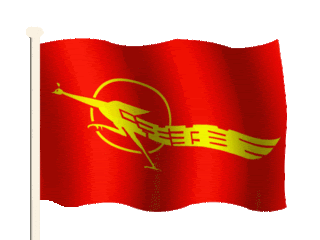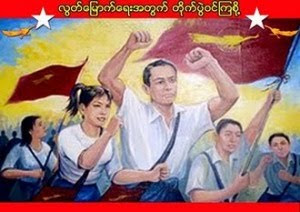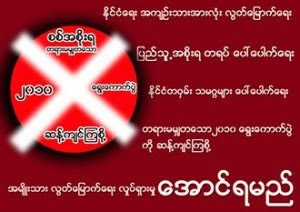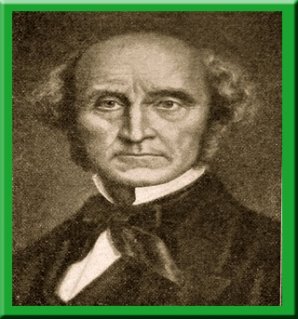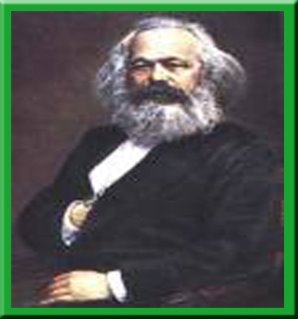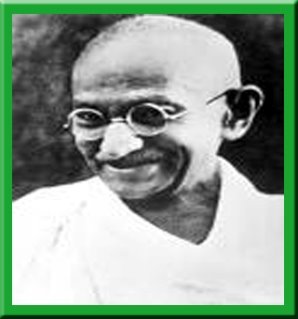Recently, Iraqi dictator was sentenced to death for his crimes against humanity. There have been a lot of prosecutions and tribunals over the world for war crimes, crimes against humanity and genocide (e.g. international criminal tribunals for the former Yugoslavia and Rwanda). Indeed, all the newly established democratic governments have the challenge of how to handle the dark chapters of the history in transitions from authoritarian and repressive rule. For Burma, how will the Democratic Government of Burma handle the past atrocities by the members of the Burmese military regime? There are a lot of ways to handle in the histories of the world.
For former Yugoslavia case, the international tribunal was set up with the UN Security Council Resolution N0. 808 in February, 1993. The competence of the International Tribunal were due to
Grave breaches of the 1949 Geneva Conventions that constitute rules of international humanitarian law
violations of the 1907 Hague Convention’s Customs of war
Genocide crimes which were defined by the 1948 Convention on the Prevention and Punishment of the Crime of Genocide and
Crimes against humanity which were first recognized in the Charter and Judgment of the Nuremberg Tribunal that includes murder, extermination, enslavement, deportation, imprisonment, torture, rape, persecutions on political, racial and religious grounds.
violations of the 1907 Hague Convention’s Customs of war
Genocide crimes which were defined by the 1948 Convention on the Prevention and Punishment of the Crime of Genocide and
Crimes against humanity which were first recognized in the Charter and Judgment of the Nuremberg Tribunal that includes murder, extermination, enslavement, deportation, imprisonment, torture, rape, persecutions on political, racial and religious grounds.
In addition, there are some forms of criminal trials in the countries where the violations have taken place. In Argentina, a number of trials were established in the 1970s of members of the military junta during the country’s dirty war.
Moreover, Pinochet litigation can take the other way. According to this, alleged criminals can be tried in the courts of other states in which they may present at the time of arrest. In the article of ‘Dictators face the Pinochet Syndrome’, Barbara Crosette identified how dictators were haunted by the Pinochet litigation.
On the other hand, the concept of ‘truth commission’ has become a familiar conception. It started in Argentina and effectively completed in Chile and El Salvador. For this, it needs a political will and funds. In Uganda, due to the lack of funds and political will, it did not complete. For South Africa’s Truth Commission, it has become different from others because it gives the power to grant amnesty to individual perpetrators. Moreover, it was the first to create a witness protection program. In fact, it is based on the principle of forgiveness.
Archbishop Tu Tu, Chairperson of the Truth and Reconciliation Commission of South Africa, once stated that ‘Forgiveness does not mean condoning what has been done. It means taking what happened seriously and not minimizing it; drawing out the sting in the memory that threatens to poison our entire existence’.
There are other ranges of responses as well, namely restorative justice, prospective justice and oblivion.
In the paper of ‘Reconciliation and Democratization: Outlining the Research Field’, Gloppen summarized the range of responses to the challenges of reconciliation and democratization as
Criminal Justice (accountability and punishment)
Prosecution (Domestic Trials, International Trials)
Administrative justice (purges, lustration)
Naming of perpetrators (shaming)
Truth
· Truth Commissions
· Access to files
· History writing
Restorative justice
· Compensation to victims
· Rehabilitation, restoration
· Recognition
Prospective justice
· Judicial reform
· political reform
· social and economic reforms
Oblivion
· No acting-passing of time
· Impunity (amnesty)
· Public amnesia
Prosecution (Domestic Trials, International Trials)
Administrative justice (purges, lustration)
Naming of perpetrators (shaming)
Truth
· Truth Commissions
· Access to files
· History writing
Restorative justice
· Compensation to victims
· Rehabilitation, restoration
· Recognition
Prospective justice
· Judicial reform
· political reform
· social and economic reforms
Oblivion
· No acting-passing of time
· Impunity (amnesty)
· Public amnesia
In conclusion, members of the Burmese military regime should know that the opposition party and 88 student generations are just asking for dialogue, peace and national reconciliation. This is the chance being given away from tribunals. No chance will come twice. Arresting the opposition party members and student leaders will not be the way to national reconciliation so that I would like to appeal to the Burmese military regime to take the chance being given by the people.
Please do not make the harsh handling the dark chapters of the history of Burma.
Khin Ma Ma Myo (12/11/2006)
References
¨ Crostte, B. (1999) Dictators face the Pinochet Syndrome, New York Times
¨ Gloppen, S. (2002) Reconciliation and Democratization: Outlining the Research Field, Web Version
¨ Minow, M. (1998) Between Vengeance and Forgiveness, page.25
¨ Security Council Resolutions on establishment of an international tribunal for the former Yugoslavia, Resolution No.808
¨ Tu Tu, D. (1999) No Future without forgiveness, page. 260

